FIGS – No Fruit Has These Characteristics!
Southern European, and Mediterranean countries are known for their juicy figs, in addition to other fresh food. Their scientific name is Ficus carica, they can be found with green and purple bark, and they require minimal conditions to vegetate successfully.
Figs in any form (dried or fresh), and even their leaves, are full of a variety of nutrients that offer a range of health benefits to our bodies. Sweet foods that are good for digestion, weight loss, cardiovascular, skin health, etc.
Although dried figs are available throughout the year and have a great taste, it can hardly be said that there is a tastier and juicier fruit than a fresh fig.
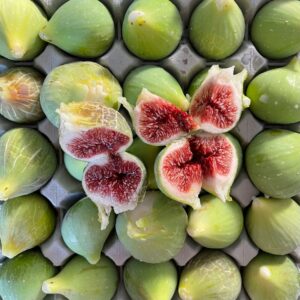
To make this taste possible, the unique balance between sugars and sugar acids, but also the structure itself – juicy core, soft crust, and crunchy seeds contribute.
Rich nutritional composition
Figs are nutritionally concentrated food rich in nutrients, i.e. food rich in micronutrients (vitamins, minerals, and various other phytochemicals), but poor in calories (fresh figs). In addition, the nutritional composition of fresh and dried figs.

Powerful antioxidant composition
Antioxidants are the body’s defense mechanism against free radicals – harmful components that are constantly produced as metabolic waste in the body and oxidatively damage its various cells and tissues. The organism has mechanisms to produce a certain percentage of necessary antioxidants, but it still depends on the intake.
Constant oxidative damage leads to processes of chronic inflammation, which in the long term is one of the main reasons for the development of chronic diseases.
Figs are a rich source of several antioxidant components, mainly polyphenolic. They are located in almost all parts of the fruit, and even dried figs, if properly processed, can be an even better source, for example, of phenolic acid.
For these reasons, dried figs were used throughout history – they were easy to store, and difficult to spoil, so they were suitable and nutritious food for long journeys and extremely hot climates (which leads to easier consumption of food and more difficult availability of fresh food).
Excellent food for digestion and weight loss
In the past, figs were often used as a home remedy for a variety of digestive problems, such as constipation, for example.
Studies show that our ancestors were right – the high fiber content softens the stool, serves as food for the beneficial intestinal microflora, and also helps with the weight loss process. With 3g, ie 10g per 100g, figs are a particularly rich source of fiber.
Fresh food, such as figs, encourages better satiety and thus weight loss. This is because fiber lowers the glycemic index of food and binds water in the stomach, thus promoting satiety. In addition, they are food for the beneficial intestinal microflora, the balance of which depends on overall health.
Potential anticancer effect
A series of laboratory studies show a certain positive effect of figs on malignant diseases. However, this action is due to the composition of the leaves of the plant and not to the fruits, ie figs. In addition, clinical studies conducted on patients are needed.
Fig leaves have been found to have anti-carcinogenic effects against colon, liver, breast, etc. cancer.
Better skin health
Figs have a potentially beneficial effect on skin health, especially in people with allergic dermatitis – dry skin, extreme itching, etc.
A study conducted on 45 children with allergic dermatitis found that a cream made from dried figs can significantly reduce unpleasant symptoms.
In addition, in a study, a combination of several fruit extracts, including figs, showed a strong antioxidant effect on skin cells, reducing the breakdown of collagen and preventing the formation of wrinkles.
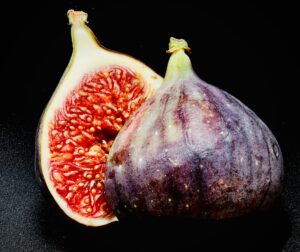
Better heart health
More conducted animal studies show data according to which figs can be useful for cardiovascular health – they normalize high pressure and reduce total cholesterol, but also triglycerides (fats) in the blood. However, more human clinical trials are needed.
However, the fact is that the large amount of potassium and the solid amount of magnesium make these fruits excellent for the heart.
Additional potential beneficial actions:
- Antidiabetic effect (of the leaves)
- Positive effect on erectile dysfunction
- Positive effect on hair health
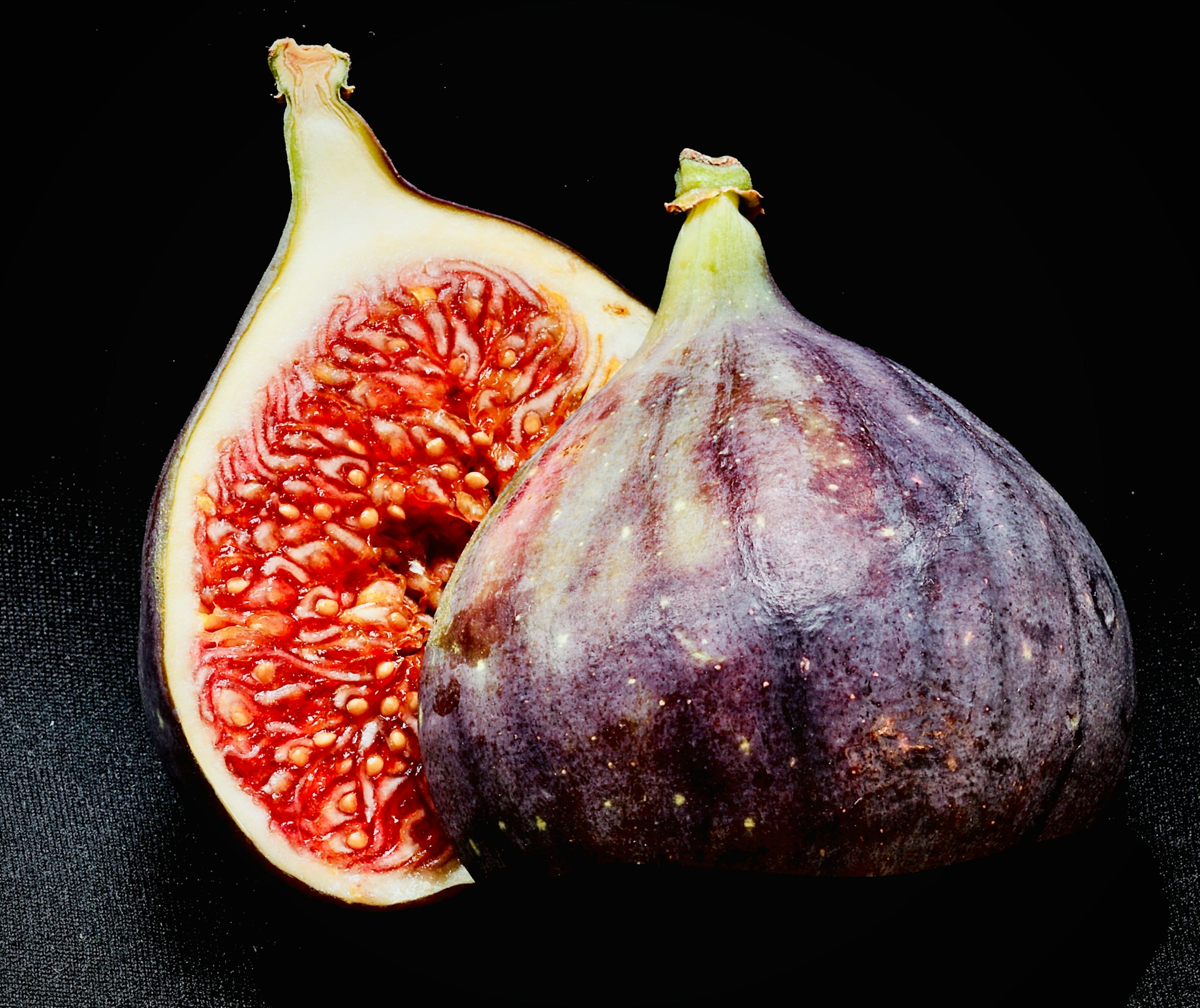
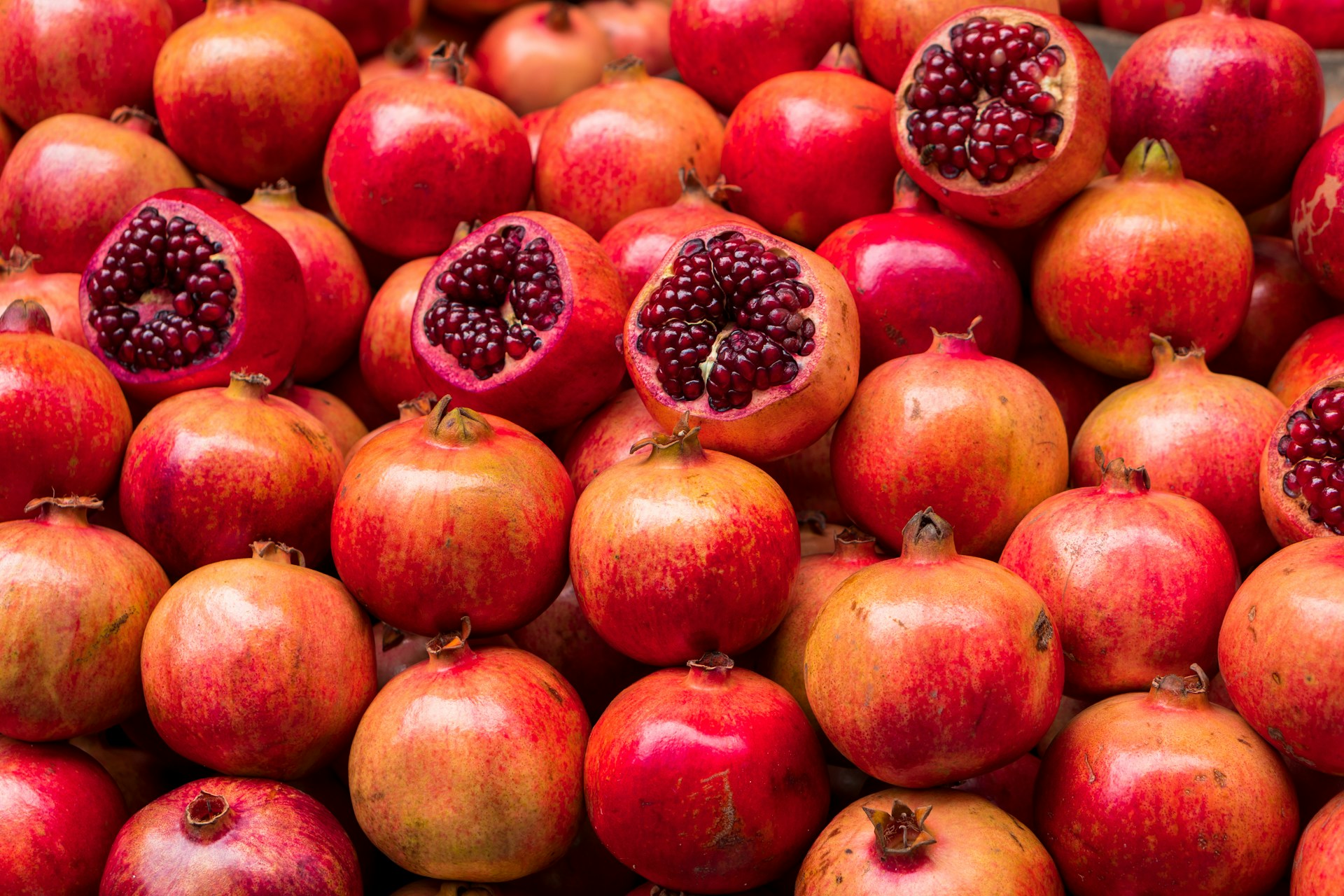
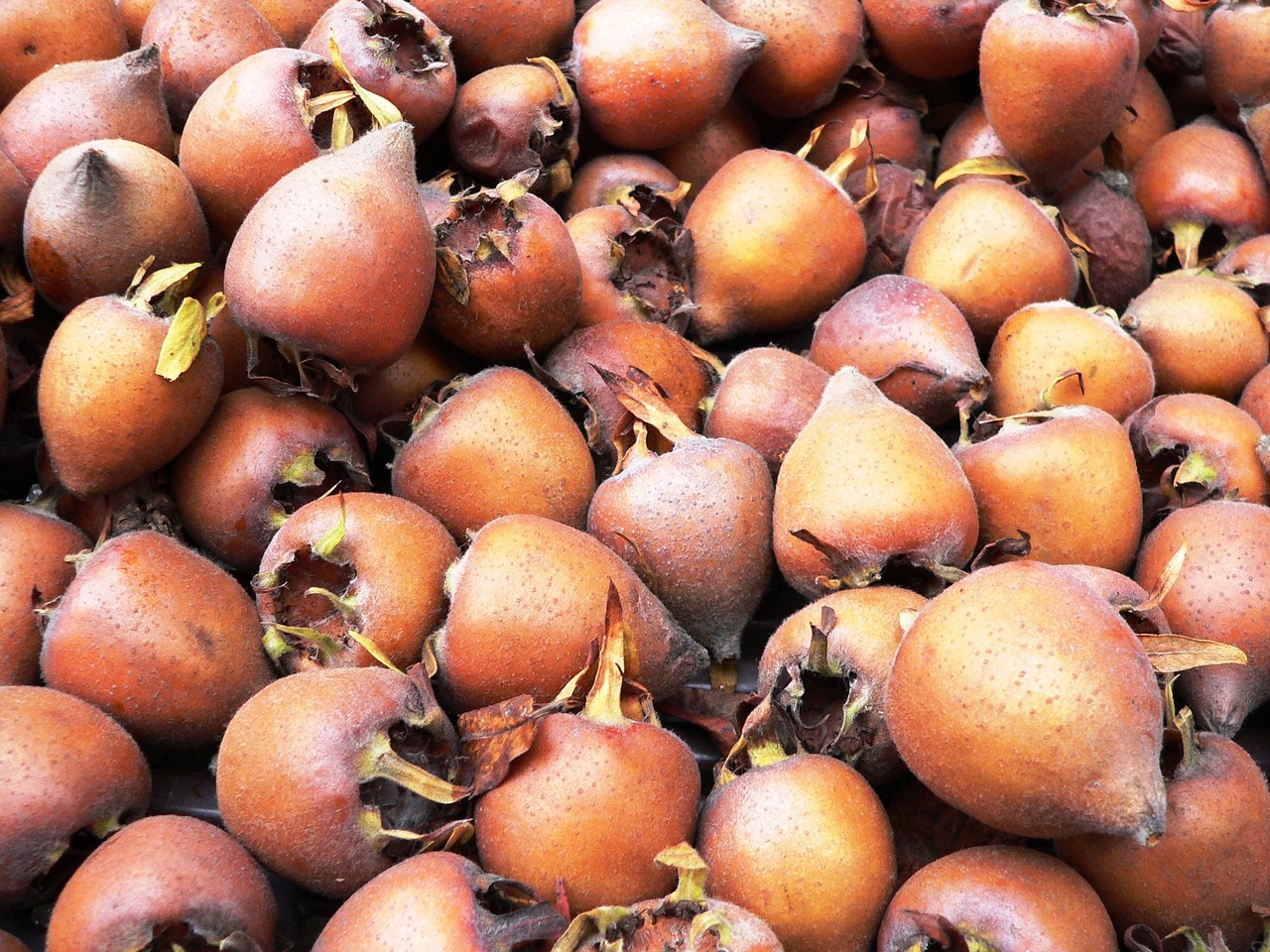
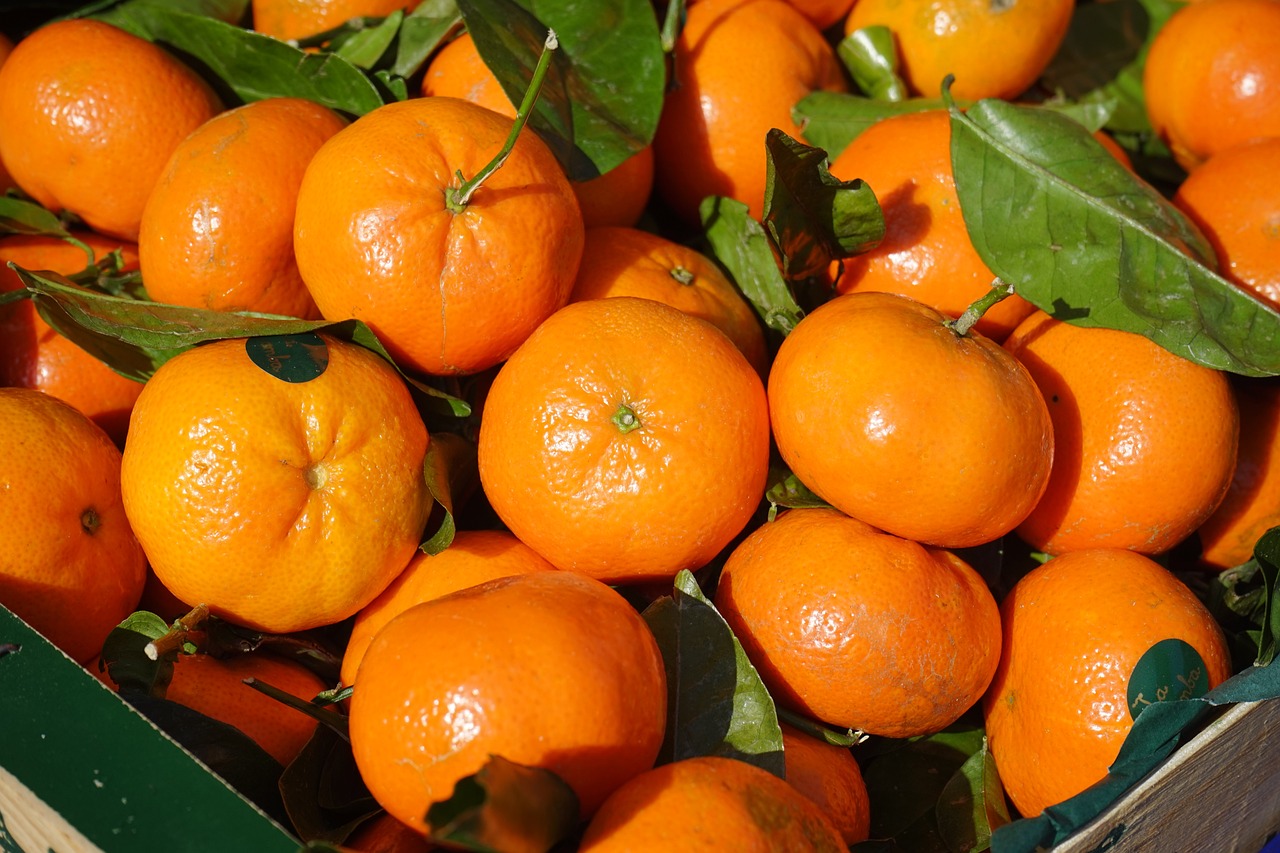










Post Comment